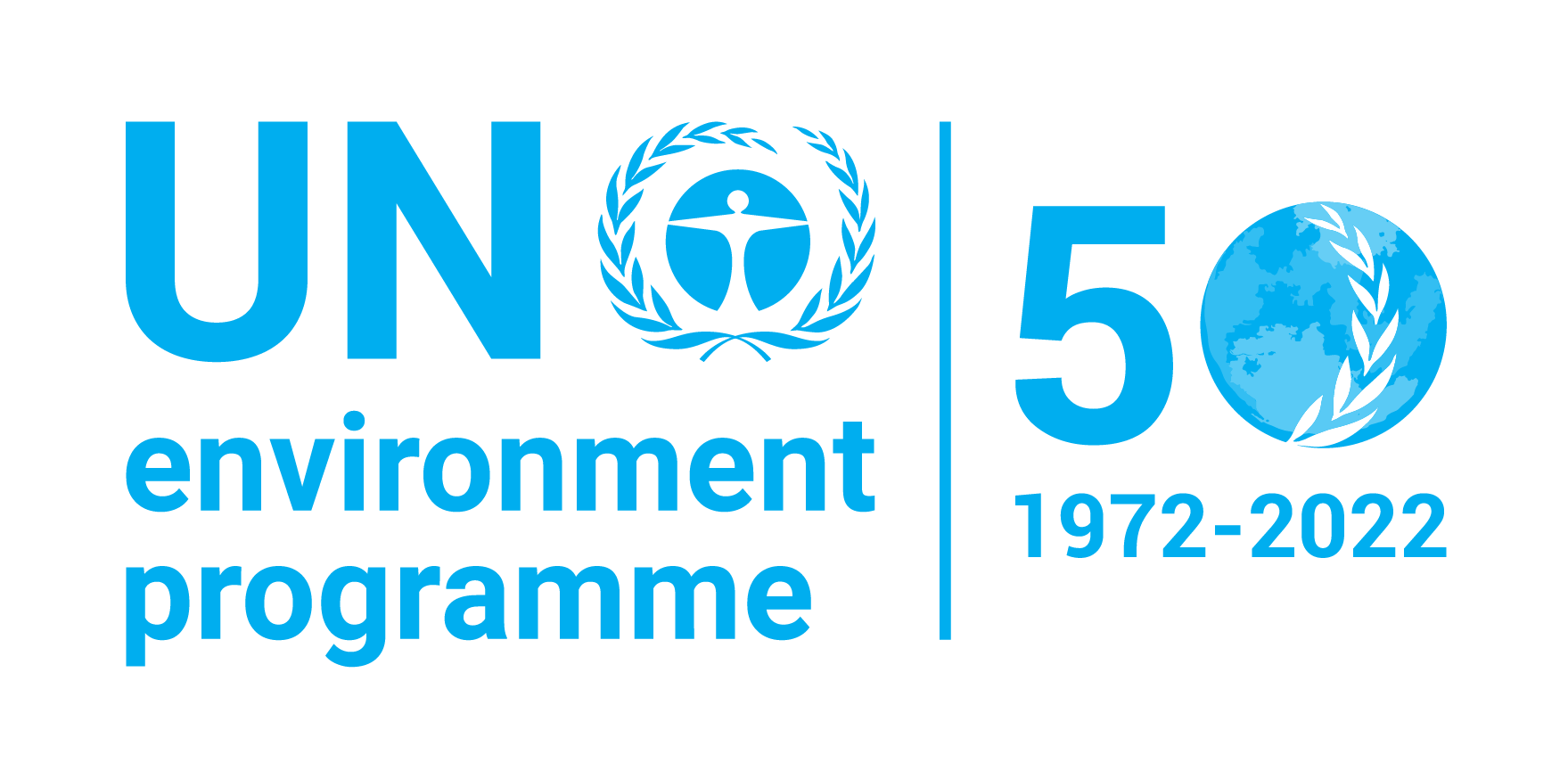| dc.contributor | Economy Division | en_US |
| dc.contributor.author | Greening Economies in the European Union's Eastern Neighbourhood (EaPGREEN) | en_US |
| dc.contributor.author | United Nations Environment Programme | en_US |
| dc.contributor.other | Organisation for Economic Co-operation and Development | en_US |
| dc.contributor.other | United Nations Economic Commission for Europe | en_US |
| dc.contributor.other | United Nations Industrial Development Organization | en_US |
| dc.contributor.other | European Union | en_US |
| dc.coverage.spatial | Republic of Moldova | en_US |
| dc.date.accessioned | 2020-03-02T08:59:55Z | |
| dc.date.available | 2020-03-02T08:59:55Z | |
| dc.date.issued | 2018 | |
| dc.identifier.uri | http://hdl.handle.net/20.500.11822/31871 | |
| dc.description | Established in 2012, the PROGRAIN company once only bought and traded grains and oleaginous plants, seeds and seeding material as well as plant protection products and fertilizers. Yet with low farmland prices and high market premiums, Moldova also offers fertile ground for organic agriculture. In 2014, therefore, driven by increasing demand for natural and organic products, PROGRAIN ORGANIC was founded. The company received a foot-up with financial support as part of a Dutch Government programme in favour of Dutch-Moldovan joint companies. | en_US |
| dc.format | Text | en_US |
| dc.language | English | en_US |
| dc.rights | Public | en_US |
| dc.subject | ORGANIC FARMING | en_US |
| dc.subject | AGRICULTURAL TRADE | en_US |
| dc.subject | GREEN ECONOMY | en_US |
| dc.title | PROGRAIN: How Organic Investment Pays Off | en_US |
| dc.type | Chapters and Articles | en_US |
| wd.identifier.sdg | SDG 2 - No Hunger | en_US |
| wd.tags | Agriculture | en_US |
| wd.topics | Green economy | en_US |
| wd.topics | Resource efficiency | en_US |
| wd.identifier.pagesnumber | 2 p. | en_US |


